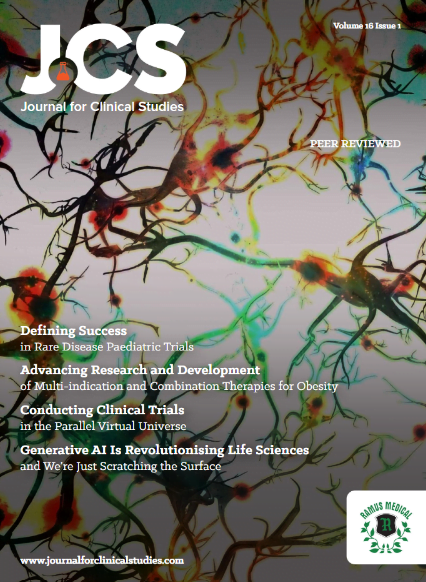AstraZeneca has shaken up the lucrative heart failure market with diabetes med Farxiga after a major approval earlier this year. But in kidney disease, another blockbuster market, Farxiga also sports promising data, and it could spell a big FDA nod to come.
Farxiga hit its primary endpoint of decreased kidney function, end-stage kidney disease and cardiovascular death in a pivotal phase 3 trial for patients with chronic kidney disease (CKD), according to top-line data released Tuesday.
The top-line results come months after AstraZeneca halted its Dapa-CKD trial when interim data “showed Farxiga’s benefits earlier than originally anticipated,” the drugmaker said in March.
Farxiga not only cut CKD patients’ serious risk factors, but the SGLT2 inhibitor also hit its secondary endpoints in patients with or without Type 2 diabetes, including reducing death from any cause, making Farxiga the first medicine to cut the risk of death in that patient population, AstraZeneca said.
The British drugmaker plans to present the full results of the study at an upcoming medical meeting, it said.
A major win in CKD, which is believed to affect 700,000 U.S. patients each year, puts Farxiga in good position to challenge Eli Lilly and Boehringer Ingelheim’s Jardiance—which is also chasing a CKD approval—and Johnson & Johnson’s Invokana, which already has a kidney disease nod.
In March, the FDA granted Jardiance a speedy review to reduce kidney disease progression and cardiovascular death in patients with CKD.
The FDA will base its review on results from the ongoing Empa-Kidney outcomes trial, which is studying Jardiance’s effect on the progression of kidney disease and the occurrence of CV death in adults with established chronic kidney disease both with and without diabetes.
In June 2019, Boehringer and Lilly unveiled data from a previous outcomes study, Empa-Reg, showing Jardiance lowered the risk of new or worsening kidney disease versus placebo, regardless of whether patients’ blood pressure, glucose levels and cholesterol levels were being controlled by medication.
Ultimately, both drugs are chasing Invokana, which secured a first-of-its-kind FDA approval in September to treat diabetic kidney disease and reduce the risk of hospitalization for heart failure in patients with Type 2 diabetes and diabetic kidney disease.
Meanwhile, Farxiga is zooming ahead in heart failure, where it scored a major approval earlier this year, and it’s pushing forward in heart attack patients, too. Earlier this month, AstraZeneca scored a speedy FDA review for Farxiga to reduce the risk of heart failure hospitalization or death after a heart attack based on the drug’s “innovative” registry-enrolled phase 3 trial.
Farxiga’s Dapa-MI study will integrate patient registries into a randomized, double-blind trial—by allowing doctors and registered patients to self-enroll in the study—and conduct testing at routine care sites rather than hard-to-reach trial centers.
A potentially quick regulatory turnaround would come after Farxiga scored a first-of-its kind approval in May to reduce CV risks in heart failure patients with a reduced ejection fraction, regardless of whether they have Type 2 diabetes.















